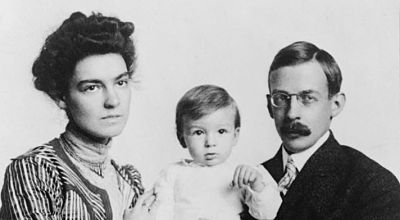Poverty. Educational Attainment. Teenage out-of-wedlock births.
Those are some of the issues the Family Research Council’s Marriage & Religion Research Institute (MARRI) released its second annual Index of Family Belonging and Rejection this week.
MARRI director Dr. Pat Fagan said this year’s index shows that the family is hugely important in determining a child’s future success or failure. States with higher rates of strong families have higher rates of high school graduation as well as higher average scores on the National Assessment of Educational Progress.
Fagan said family structure is actually more closely linked to educational outcomes than government spending. That’s why it’s so troubling that only 45.8 percent of American children reach the age of 17 with both their biological parents married since before or around the time of their birth.
“States with higher scores on the Index have lower child poverty rates, and states that score low have high child poverty rates,” Fagan said. “A father is motivated to work harder to support a child when he is the biological parent of the child and lives with the child and mother. Conversely, many non-residential parents do not pay child support, and those that do, do not pay much.”
Geographically speaking, the Index of Family Belonging is highest in the Northeast (49.6 percent) and lowest in the South (41.8 percent). Minnesota (57 percent) and Utah (56.5 percent) have the highest Index of Family Belonging values of all the states; Mississippi (34 percent) has the lowest. Family belonging is, as in 2008, strongest among Asians (65.8 percent) and weakest among African-Americans (16.7 percent).
Research at the individual family level has shown that adolescents who live in single-parent families or stepfamilies are more likely to have out-of-wedlock births, Fagan said. This continues the endless cycle of broken families and childhood poverty.
“Government can do two things to help alter this trend. The first is to help in creating, compiling and publicizing sound research evidence on the links between family living arrangements and youth development, as well as those between family characteristics and community functioning and well-being,” Fagan said. “The second is in ensuring that governmental policies intended to help those in need do not have unintended consequences that create moral hazard and encourage the formation of more high-risk families.”
See an error in this article?
To contact us or to submit an article





















